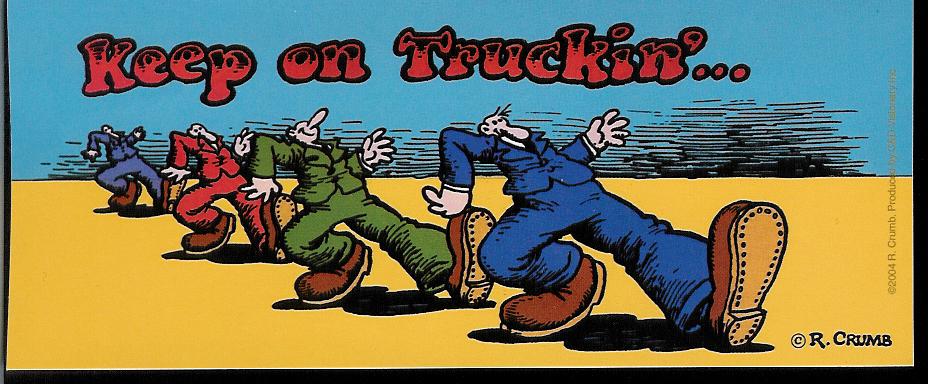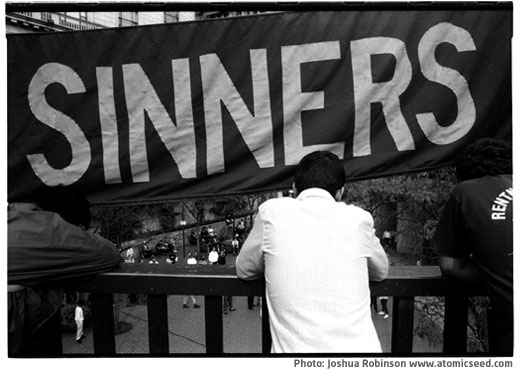.
.

.

.
.

.
From THE URANTIA BOOK
Part III, 94, 10
.
.

.
In Tibet may be found the strangest association
of the Melchizedek teachings combined with Buddhism,
Hinduism, Taoism, and Christianity.
When the Buddhist missionaries entered Tibet, they
encountered a state of primitive savagery very similar
to that which the early Christian missionaries
found among the northern tribes of Europe.
These simple-minded Tibetans would not
wholly give up their ancient magic and charms.
.
Examination of the religious ceremonials of
present-day Tibetan rituals reveals an
overgrown brotherhood of priests with shaven
heads who practice an elaborate ritual embracing
bells, chants, incense, processionals, rosaries,
images, charms, pictures, holy water, gorgeous
vestments, and elaborate choirs.
They have rigid dogmas and crystallized creeds,
mystic rites and special fasts.
..
Their hierarchy embraces monks, nuns,
abbots, and the Grand Lama. They pray to angels,
saints, a Holy Mother, and the gods. They practice
confessions and believe in purgatory.
Their monasteries are extensive and their
cathedrals magnificent. They keep up an
endless repetition of sacred rituals and believe
that such ceremonials bestow salvation.
Prayers are fastened to a wheel, and withits turning they believe the petitions
become efficacious.
.
Among no other people of
.
Among no other people of
modern times can be found the observance of
so much from so many religions;
and it is inevitable that such a cumulative liturgy
would become inordinately cumbersome
and intolerably burdensome.
.















































-779197.jpg)

